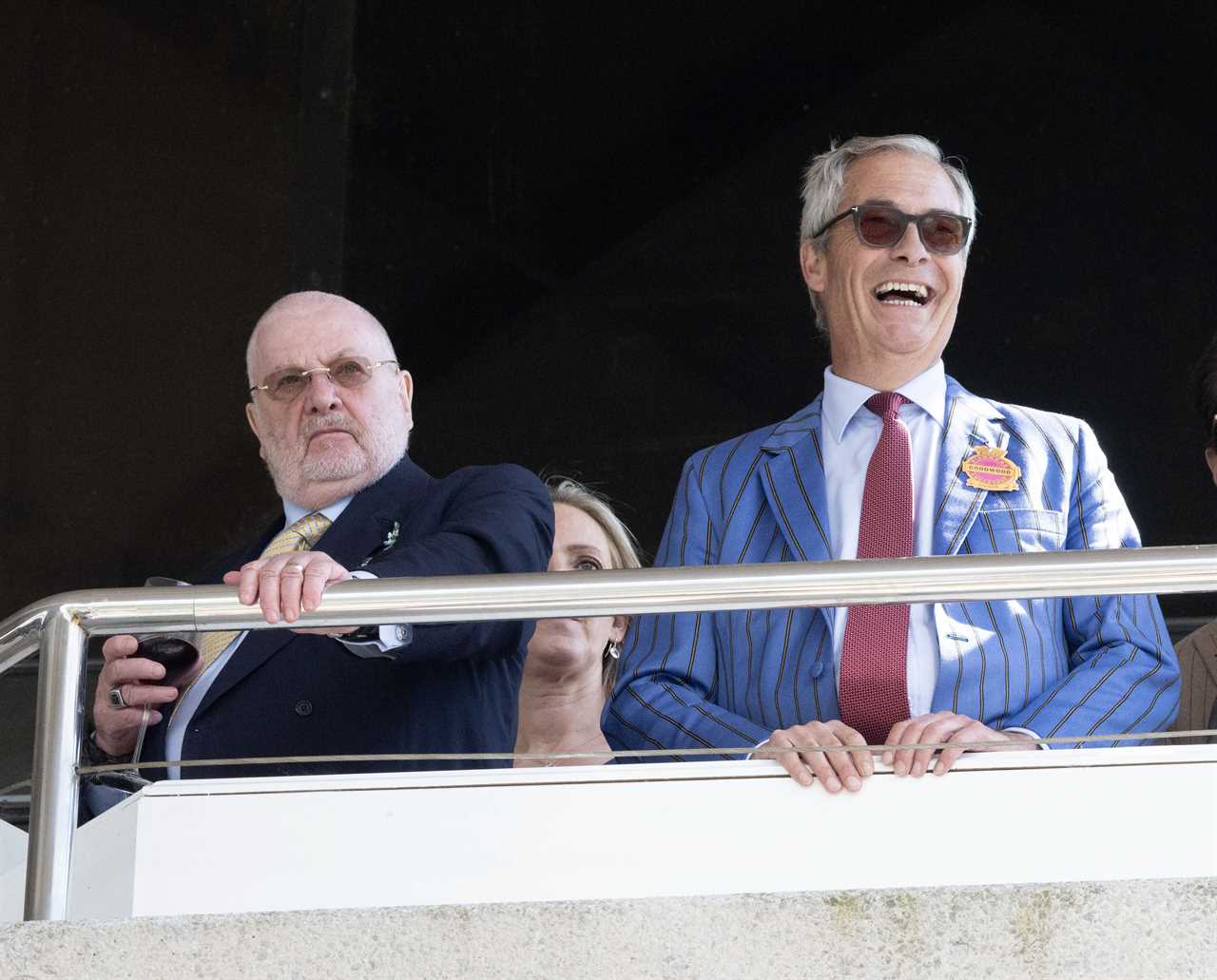
In a recent development at the Glorious Goodwood races, Nigel Farage, leader of Reform UK, was seen in the company of wealthy Tory donor Dr James Hay, sparking discussions on potential political ramifications. The encounter between Farage and the well-off entrepreneur, based in Dubai with a net worth of £325 million, hints at possible future financial support towards political causes, particularly the Conservative party. This interaction sheds light on the intricate ties between money, influence, and political movements, prompting reflections on the role of affluent backers in shaping the political landscape.
The wider context: Wealth, Politics, and Influence
Farage's presence at the races alongside the Hays, known for their significant contributions to the Conservatives, underscores the enduring relationship between financial resources and political power. The history of affluent donors exerting influence through financial support raises concerns about transparency, accountability, and the potential for wealthy interests to sway political decisions. As political figures align themselves with well-heeled backers, questions arise regarding the ethical implications of such relationships and their impact on democratic processes.
Power Dynamics and Political Alignments
The sight of Farage socializing with influential donors like the Hays raises important questions about the power dynamics at play within the British political landscape. The close ties between moneyed elites and political figures highlight the complexities of modern governance, where access to resources often determines the extent of one's influence. As parties court financial support from affluent individuals, the need to address issues of inequality, privilege, and representation within political spheres becomes increasingly apparent.
Challenges for Democratic Engagement
Amidst concerns over the influence of big business on political movements, the upcoming presence of industry leaders at Reform UK's rally signals a broader debate on the role of corporate interests in shaping policy agendas. The intertwining of economic power with political decision-making poses challenges to the principles of democratic engagement and raises questions about whose voices are truly being heard in the corridors of power. As parties navigate relationships with wealthy donors, the need for transparency, equity, and public accountability in political processes remains a pressing concern.
Understanding Political Financing and Accountability
Farage's interactions at the races underscore the intricate web of connections that often underpin political financing and decision-making. The visibility of these relationships highlights the need for a deeper analysis of the mechanisms through which money influences political behaviour and policy outcomes. By examining the intersections of wealth, influence, and political allegiances, we gain insight into the broader structures that shape our democratic systems and the challenges inherent in maintaining integrity and accountability within them.
In conclusion, the convergence of Farage, a prominent political figure, with affluent donors like the Hays at a high-profile event such as Glorious Goodwood invites critical reflection on the intersections of wealth, power, and politics. As discussions unfold around the implications of such connections for democratic norms and principles, we are reminded of the ongoing complexities inherent in navigating the influences of money and influence within the political sphere. By scrutinising these interactions, we move towards a more nuanced understanding of the systemic factors at play in shaping our political landscape.
Did you miss our previous article...
https://trendinginthenews.com/uk-politics/proposed-legislation-targets-online-marketing-by-people-smugglers






